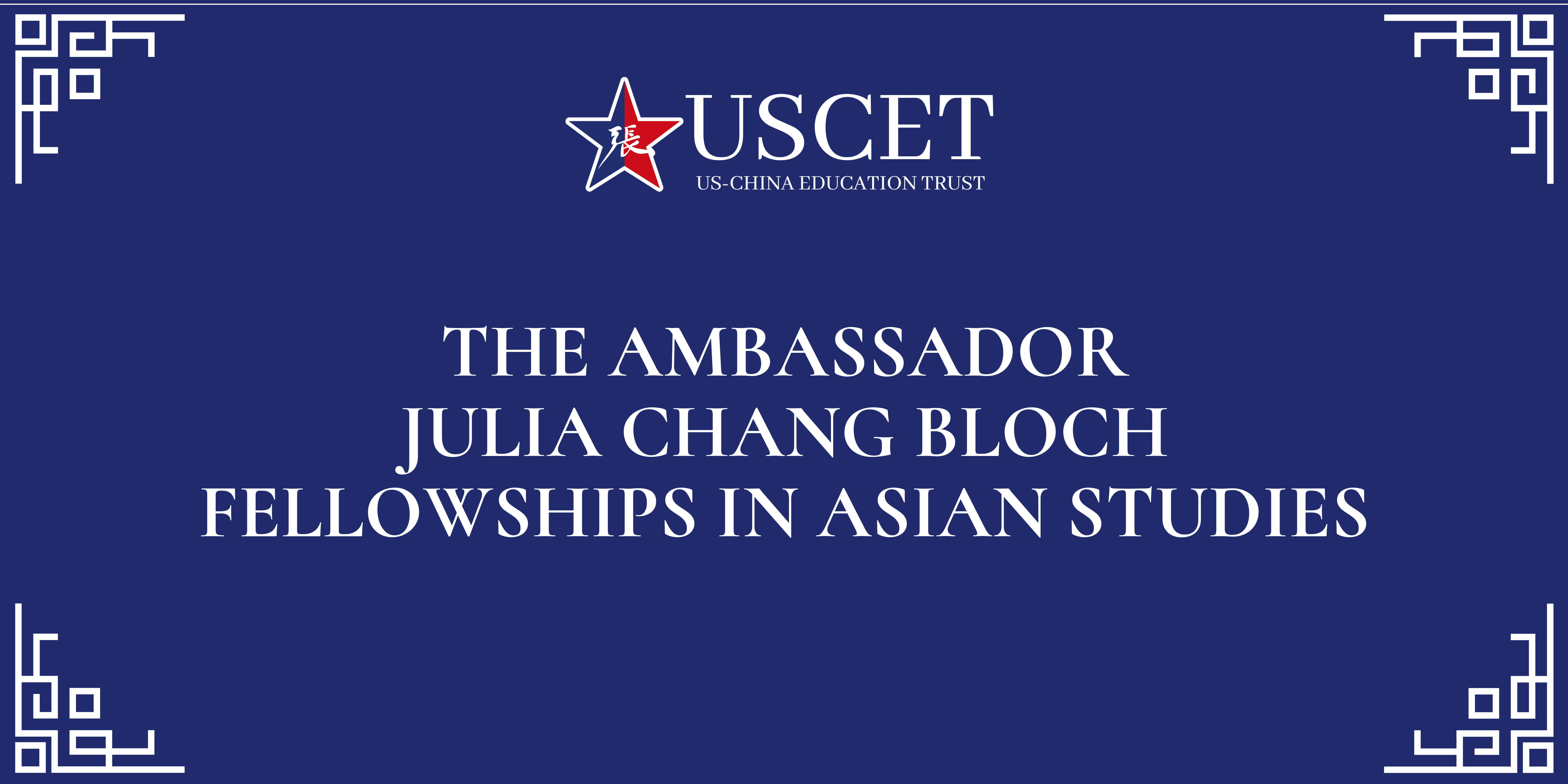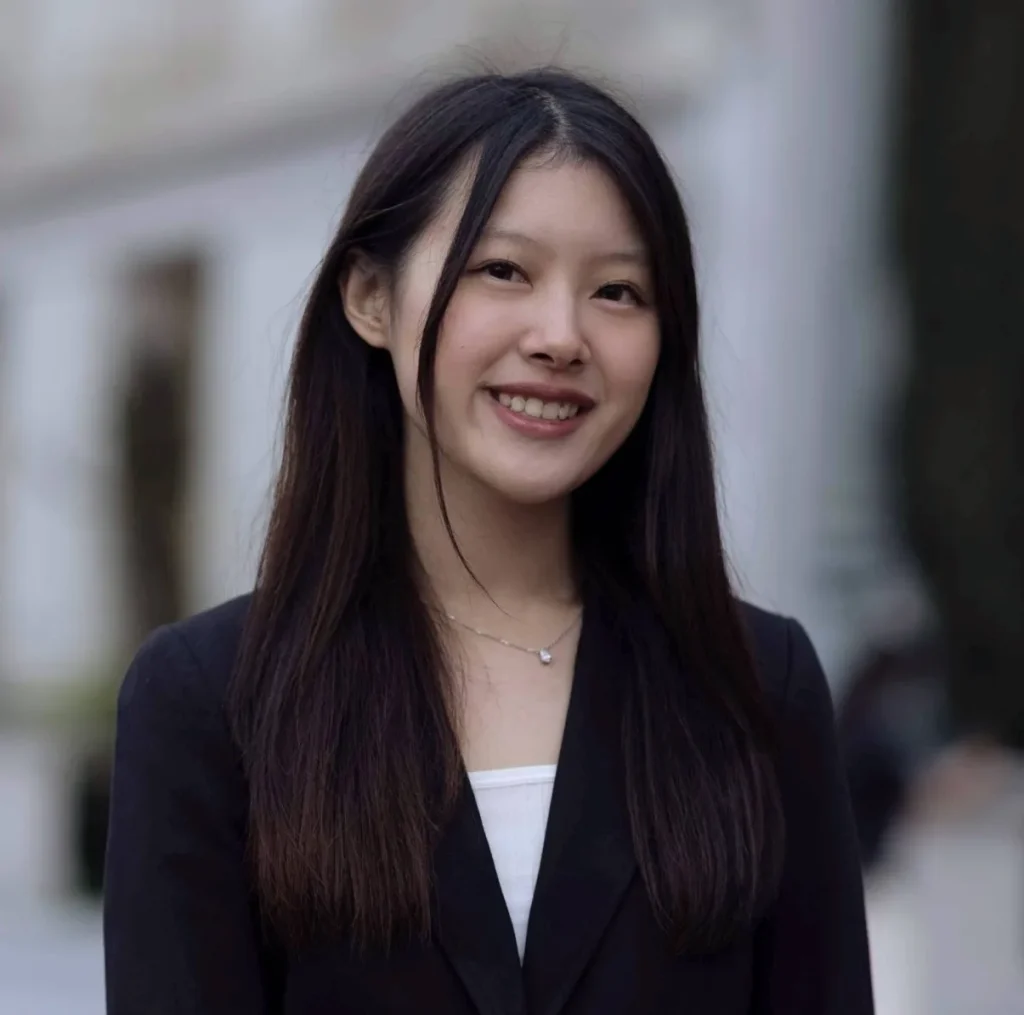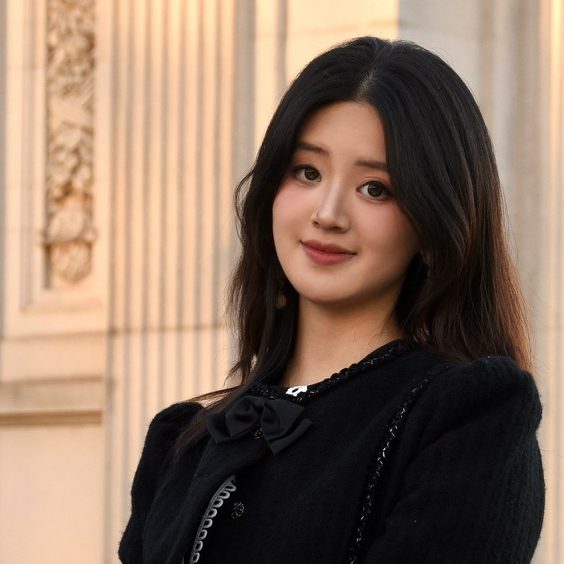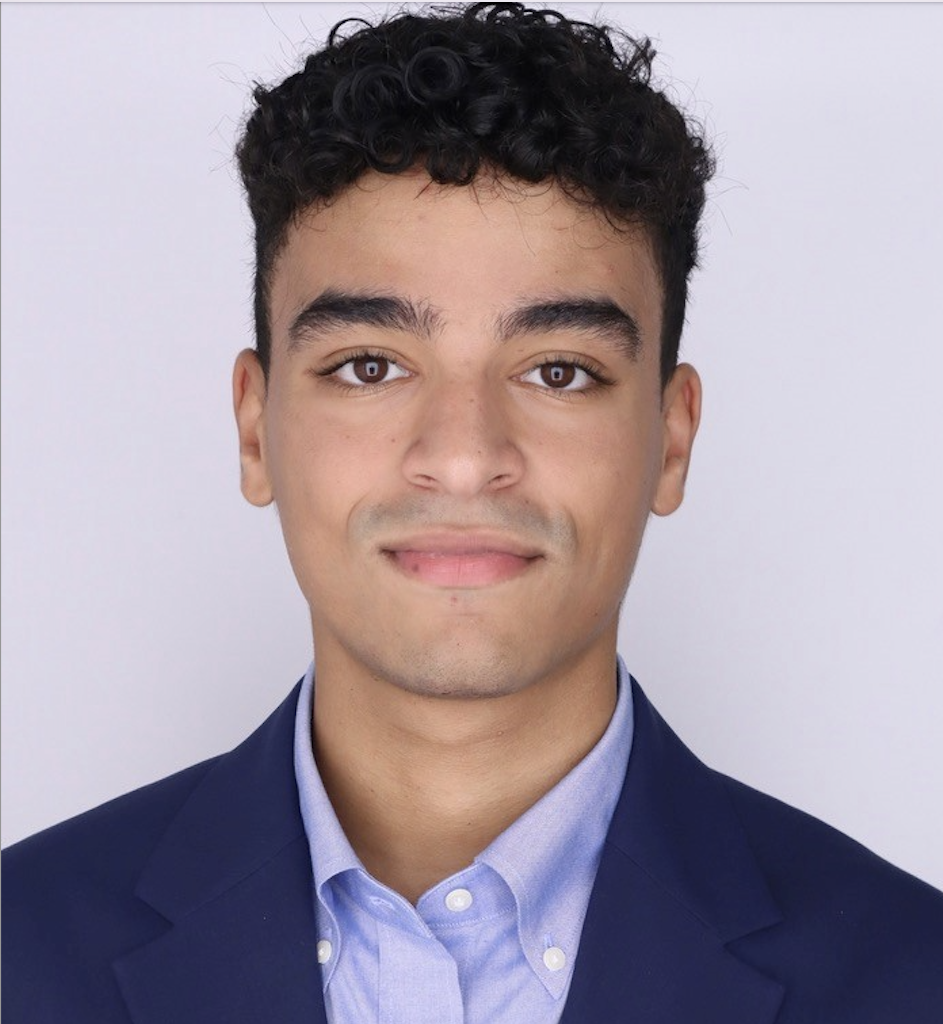
About the Fellowships
It is important for America to continue to train future leaders with strong expertise in Asia. To mark its 35th anniversary, the F.Y. Chang Foundation launched the Ambassador Julia Chang Bloch Fellowships in Asian Studies with the support of LiUNA, Laborers’ International Union of North America. The JCB Fellowships will nurture the next generation of Asian specialists and Asia-engaged leaders in the U.S. by encouraging student research on Asia, particularly China, and its important relationship to the United States.
These competitive awards are open to undergraduate students at specific institutions, beginning in 2023 with students at the University of California at Berkeley and the University of Miami. The awards will provide each fellow with $1500 to complete a research project on strategic, political, economic, or socio-cultural issues related to Asia.
Meet the 2024-25 Fellows:
University of California, Berkeley Cohort

Bianca Chiu is an undergraduate student pursuing degrees in Sociology and Public Health at the University of California, Berkeley. As a second-generation Asian American with roots in Hong Kong, Bianca grew up with an ever-changing conception of culture that instilled in her an interest in the reciprocal relationship between shifting cultural norms and their fluid sociopolitical backdrops. Her project comparatively examines how diverging child sex preferences in South Korea, Japan, and Taiwan after World War II were influenced by geographic, political, and economic determinants. Utilizing a mixed-methods approach to investigate emerging theories on the topic, her work provides a groundwork for understanding shifts in norms surrounding reproduction and gender, including when those shifts are convergent or divergent between different societies.

Jishan Jiang is an undergraduate student at the University of California, Berkeley, majoring in Legal Studies and Data Science with a minor in Education. As an aspiring researcher and educator, her interest lies in the intersection of educational equity, labor, and technology across global contexts. Jishan’s research project examines labor conditions in China’s vocational colleges training students for the AI industry, investigating how laws and socio-technical imaginaries affect data labeling internship labor protections and long-term careers. By drawing from ethnographic interviews, policy analysis, and the sociology of education, her work sheds light on the precarities and possibilities for youth in emerging digital economies.
George Washington University Cohort

Marlon Demandt is a German Fulbright Scholar pursuing a Master’s degree in International Affairs at the Elliott School of International Affairs. He holds a Bachelor of Science from the Technical University of Munich, Germany, during which he completed exchange semesters at Seoul National University in South Korea and Sciences Po in France. Mr. Demandt will explore contemporary Sino-American relations, focusing on critical issues such as Taiwan and its pivotal semiconductor industry, as well as the influence of natural resources on Chinese foreign policymaking. He is also keenly interested in how Sino-American dynamics affect economically interdependent nations like Germany. His project examines the intersection of natural resources and security in contemporary China and their broader implications for international relations.

Erin Naumann is a graduate student pursuing a Master of Arts in Asian Studies with specialization in China Policy and Economics from the Elliott School of International Affairs at George Washington University. Erin served as an intern for the Senate Foreign Relations Committee and later worked as a corporate litigation paralegal. She also served as a Cultural Ambassador for the Saudi Young Leaders Exchange Program, a youth development program sponsored by the US Embassy in Riyadh. Erin graduated from University of Wisconsin-Madison with concentrations in Legal Studies and Chinese. She completed Nankai University’s College for Chinese Language and Culture. Her project examines China’s energy security policy, industrialization through trade, and engagement with the Middle East regarding the import of hydrocarbons.
University of Miami Cohort

Saba Naseem’s project investigates the intersection of mental health policies and cultural influences in China. Utilizing a combination of literature review, qualitative interviews, quantitative data analysis, and case studies, her research analyzes how Confucian values, collectivism, and globalization shape perceptions of mental health and drive policy reform. She aims to explore the influence of traditional values and stigma on mental health treatment in China, the effects of globalization on policy reforms, and the effectiveness of international collaborations in addressing cultural needs. This project aspires to develop culturally sensitive policy recommendations that enhance mental health access, reduce stigma, and promote international best practices in mental health governance across East Asia.

Thomas Matos’s project explores the influence of U.S.-China competition in the green technology sector on Japan’s environmental policies and its role in trilateral climate diplomacy. This research examines how Japan, as an innovator in green technology and a key diplomatic actor, balances its relationships with the U.S. and China amid growing tension between the two superpowers. Through case studies and key interviews, this project assesses the implications of these dynamics for global climate efforts, particularly in the areas of electric vehicle production and renewable energy development, and Japan’s contributions to international environmental cooperation.
